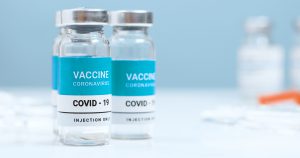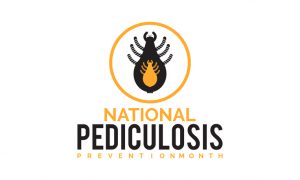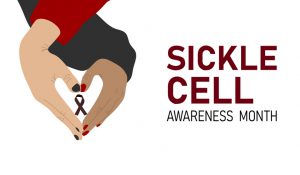Osteoarthritis is the most common form of arthritis, currently affecting over 32 million Americans. This form of arthritis is known as the “wear and tear” disease because while it can affect almost any joint, it most commonly affects the joints in the knees, hips, hands, and spine that are subject to the most amount of movement. Women tend to be affected by osteoarthritis more often than men.
Osteoarthritis occurs when the cartilage, which is the slippery tissue which cushions your bones when they rub against one another deteriorates over time due to weight, stress, injuries or genetic factors. When this happens, people with osteoarthritis will experience a variety of issues including::
- Joint pain
- Joint Deformity
- Decrease in joint mobility
- Swelling of a joint
- Joint crackling
Diagnosing osteoarthritis can be performed by taking an x-ray, a magnetic resonance image (MRI), and physical manipulation of the joint. Examining the joint fluid can help differentiate osteoarthritis from other types of arthritis.
Osteoarthritis may not be able to be completely avoided but there are ways to slow down its progress and to treat it. Measures to minimize osteoarthritis include:
- Keeping active
- Maintaining a proper weight
- Participating in physical therapy
- Taking medications to reduce symptoms such as acetaminophen and non-steroidal anti-inflammatory drugs (NSAIDS)
- Applying transcutaneous electrical nerve stimulation (TENS)
- Receiving cortisone injections into the joint
- Receiving injections of hyaluronic acid
- Having Joint replacement procedures
If you are experiencing symptoms of osteoarthritis, speak with your physician to discuss what treatment option is best for you. If you would like to schedule an appointment with a physician at Jamaica Hospital Medical Center, please call 718-206-7001.
All content of this newsletter is intended for general information purposes only and is not intended or implied to be a substitute for professional medical advice, diagnosis or treatment. Please consult a medical professional before adopting any of the suggestions on this page. You must never disregard professional medical advice or delay seeking medical treatment based upon any content of this newsletter. PROMPTLY CONSULT YOUR PHYSICIAN OR CALL 911 IF YOU BELIEVE YOU HAVE A MEDICAL EMERGENCY.










